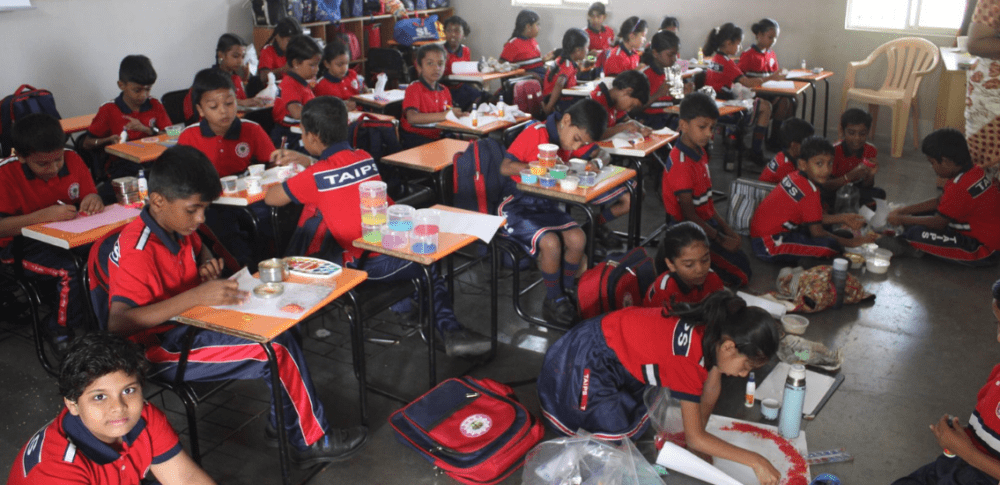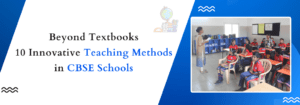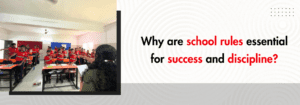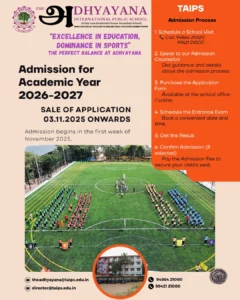Introduction
The debate between grades and growth in education raises critical questions about student learning and development. This blog explores whether traditional grading systems adequately support student growth and suggests alternative approaches to foster lifelong learning and success.
Beyond the Letter Grade: Fostering a Growth Mindset for Lifelong Learning
Nurturing a growth mindset in students involves encouraging them to believe that their abilities and intelligence can be developed through effort and learning. This mindset fosters resilience by helping students bounce back from setbacks and challenges. Strategies include praising effort over intelligence, teaching problem-solving skills, and providing constructive feedback. Encouraging students to view challenges as opportunities for growth and emphasizing the value of learning from mistakes helps cultivate resilience and a positive attitude toward learning.
The Knowledge Trap: Are Grades Hobbling Student Development?
Grades may limit student learning and creativity by promoting a focus on outcomes rather than the learning process and discouraging risk-taking and exploration. A rigid grading system can stifle student motivation and curiosity by emphasizing performance over learning, leading to a fear of failure and a focus on meeting expectations rather than exploring and engaging with the material.
Redefining Success: Measuring Student Progress Beyond the A+
Alternative measures of student success beyond grades include portfolio assessments, peer and self-assessments, project-based evaluations, and qualitative feedback from teachers, which provide a more holistic view of a student’s abilities and growth. Assessing skills, competencies, and personal growth provides a more comprehensive view of student achievement and allows educators to support the development of well-rounded individuals rather than just academic performance.
From Competition to Collaboration: How Can We Make Learning More Engaging Than Grades?
By incorporating project-based learning, teamwork activities, and real-world applications, students can move away from the competitive nature of grades and instead engage in collaborative learning experiences that emphasize problem-solving skills, critical thinking, and creativity, fostering a more inclusive and cooperative classroom environment that prepares them for real-world challenges.
The Whole Child: Equipping Students with Skills for Life, Not Just Exams
Educating the whole child involves prioritizing social-emotional learning, critical thinking, and practical life skills alongside academic achievement. Schools can integrate SEL programs, incorporate critical thinking across curriculum, and provide opportunities for students to develop practical life skills, ensuring a well-rounded education that prepares them for success in various aspects of life.
Authorizing Learners, Not Scores: How Can We Create a More Growth-Focused Classroom?
To create a growth-focused classroom, implement personalized learning by offering diverse learning paths tailored to individual needs. Use formative assessments to provide real-time feedback, enabling students to track progress and set goals. Encourage self-reflection and self-assessment, fostering a sense of ownership and accountability in their learning journey.

The Future of Education: Will Grades Become Obsolete in the Age of Personalized Learning?
The trend towards competency-based education highlights the importance of measuring student progress based on mastery of skills rather than grades or traditional assessments. Technology can play a significant role in facilitating this shift, with tools such as adaptive learning software and digital portfolios enabling personalized assessment. The evolution of grading systems is likely to continue towards greater flexibility, personalized feedback, and increased emphasis on mastery of skills and competencies rather than grades alone.
Motivation Matters: How Can We Spark Curiosity and Passion Beyond the Grade Grudge?
Motivation extends beyond grades when students are intrinsically motivated. Intrinsic motivation stems from factors like curiosity, autonomy, and passion for learning. Fostering curiosity can be achieved by encouraging exploration, questioning, and allowing for student choice. Providing meaningful learning experiences that connect to students’ interests and real-world context inspires them to pursue knowledge for its own sake, resulting in deeper engagement and long-lasting learning.
Partnering for Progress: How Parents and Teachers Can Work Together to Support Student Growth
Collaboration between parents and educators is crucial for holistic student development. Involving parents in fostering a growth mindset can be done through regular communication, sharing resources, and providing guidance on promoting resilience and a positive attitude towards learning at home. Encouraging parental involvement in extracurricular activities, emphasizing character development, and celebrating non-academic achievements can help support students’ overall growth and well-being.
Grades vs. Grit: Building Resilience and Perseverance for Lifelong Learning Journeys
Academic grades are not the sole indicators of success; traits like grit and resilience play a crucial role. Overcoming challenges and setbacks can foster perseverance, adaptability, and determination. Building character through such experiences prepares students for lifelong learning by instilling a growth mindset and the ability to navigate adversity. These traits enable students to approach future obstacles with resilience, enhancing their capacity for continuous growth and development.
conclusion
In conclusion, the conversation around grades versus growth reflects a broader shift towards prioritizing holistic student development. By re-evaluating grading practices and supporting growth-focused approaches, educators can better equip students for future challenges, in still a love for learning, and nurture skills that extend far beyond the classroom. Ultimately, the goal is to ensure that every student receives the support and encouragement needed to thrive academically, socially, and personally.




